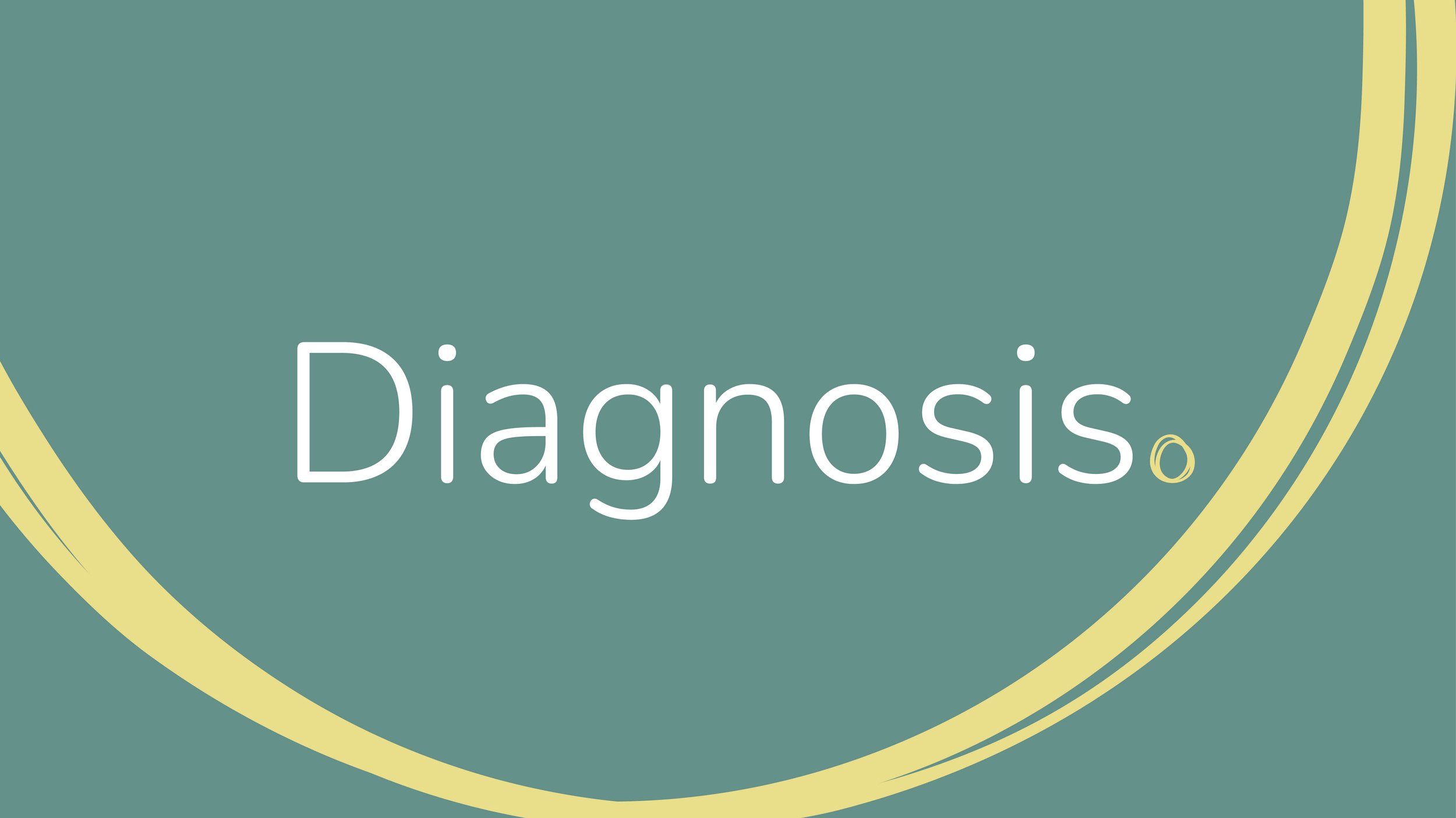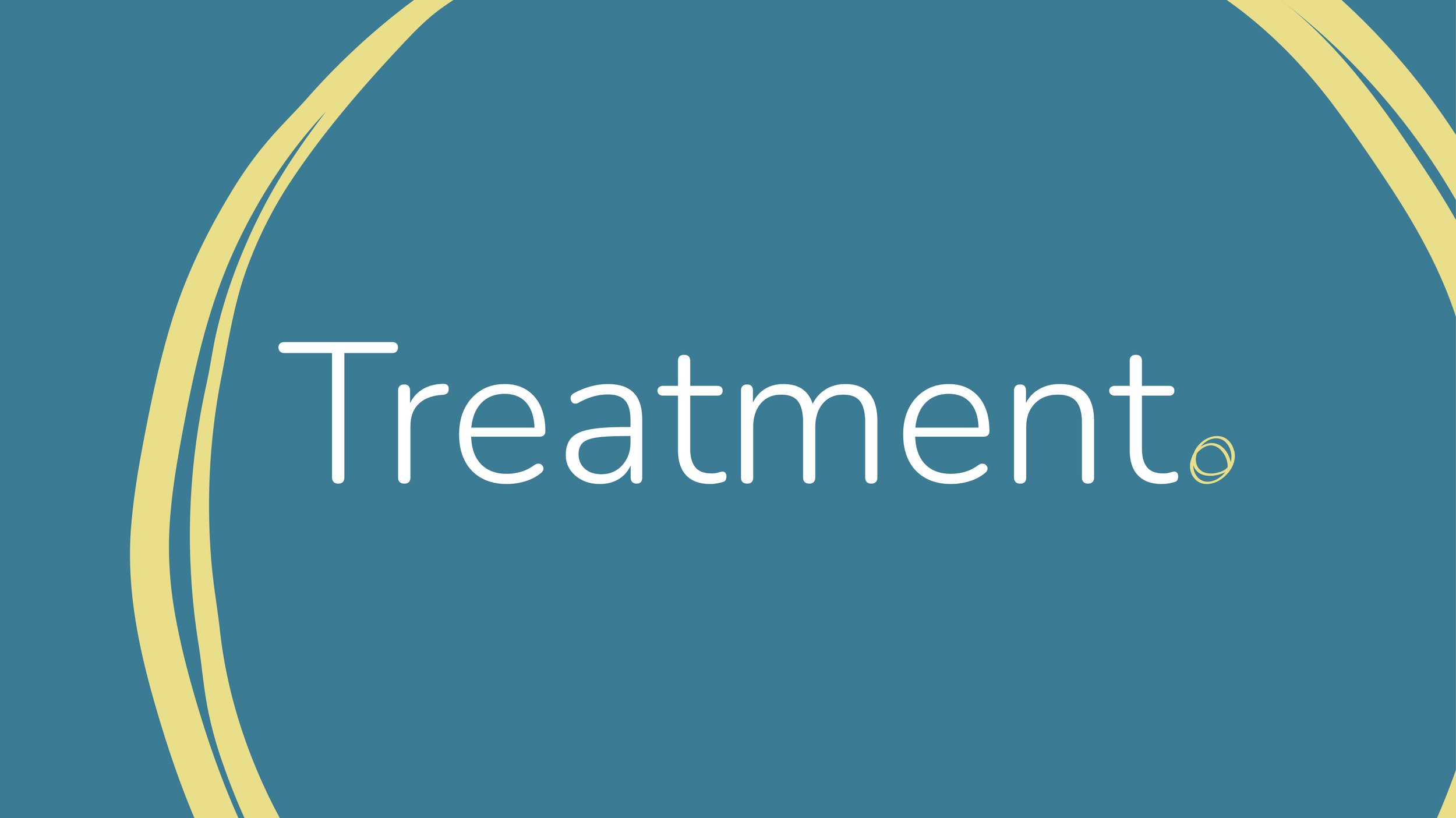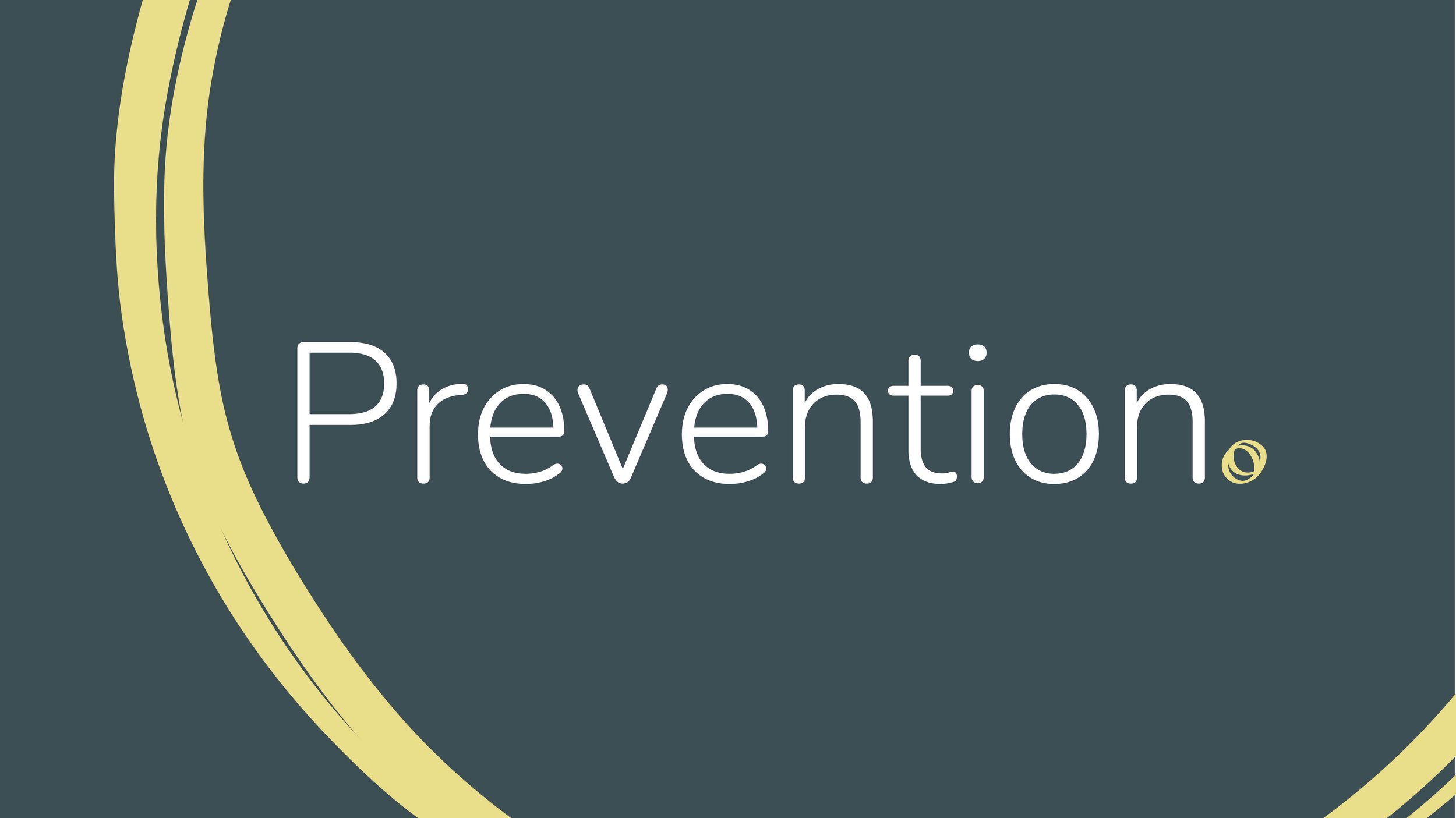
Treating Birth Trauma
PTSD and birth trauma
There are two treatments that work well both for PTSD and for trauma symptoms that don’t meet the full criteria for a PTSD diagnosis. They are:
Trauma-focused CBT
Eye movement desensitisation and reprocessing (EMDR)
They are suitable both for women who have been traumatised by birth, and for birth partners who have been traumatised by witnessing birth.
The NICE guideline on PTSD has more detail on treatment.
If you’re a GP or health visitor who thinks a woman might have birth trauma, then you could refer her either to perinatal mental health services or to the appropriate therapy (trauma-focused CBT or EMDR). If you’re in England, you could also advise her that she can refer herself to the local Talking Therapies service if that seems appropriate.
Provision of perinatal mental health services varies throughout the country, but in England, many now offer support until two years after a birth. Some women, however, may display trauma symptoms many years after the birth, and in some cases the trauma symptoms re-emerge during a subsequent pregnancy, so in those cases you will need to refer directly to therapy.
Physical birth trauma
Women can experience a range of physical injuries as a result of birth, including third- and fourth-degree tears, levator ani muscle avulsion, infected caesarean scar, pudendal neuralgia, coccydynia and many others. When injuries are untreated, they can lead to further problems. This is particularly the case with tearing, which may lead to problems such as incontinence and prolapse. In many cases, physical injuries can benefit either from referral to a physiotherapist or, depending on severity, to a specialist such as a urogynaecologist.
Further information and guidelines
A review of levator ani avulsion after childbirth: Incidence, imaging and management (Doxford-Hook, E et al, Midwifery, December 2022)
Care of a third- or fourth-degree tear that occurred during childbirth (RCOG)
NICE guideline: Post-traumatic stress disorder
NICE guideline: Antenatal and postnatal mental health: clinical management and service guidance
The OASI care bundle (RCOG)
Training videos
As part of our educational work with health professionals we created a video training course on birth trauma and trauma informed care. Here’s the trailer – view the full videos and download training materials on our training page, and find out more about prevention and diagnosis across our site.
Birth Stories



